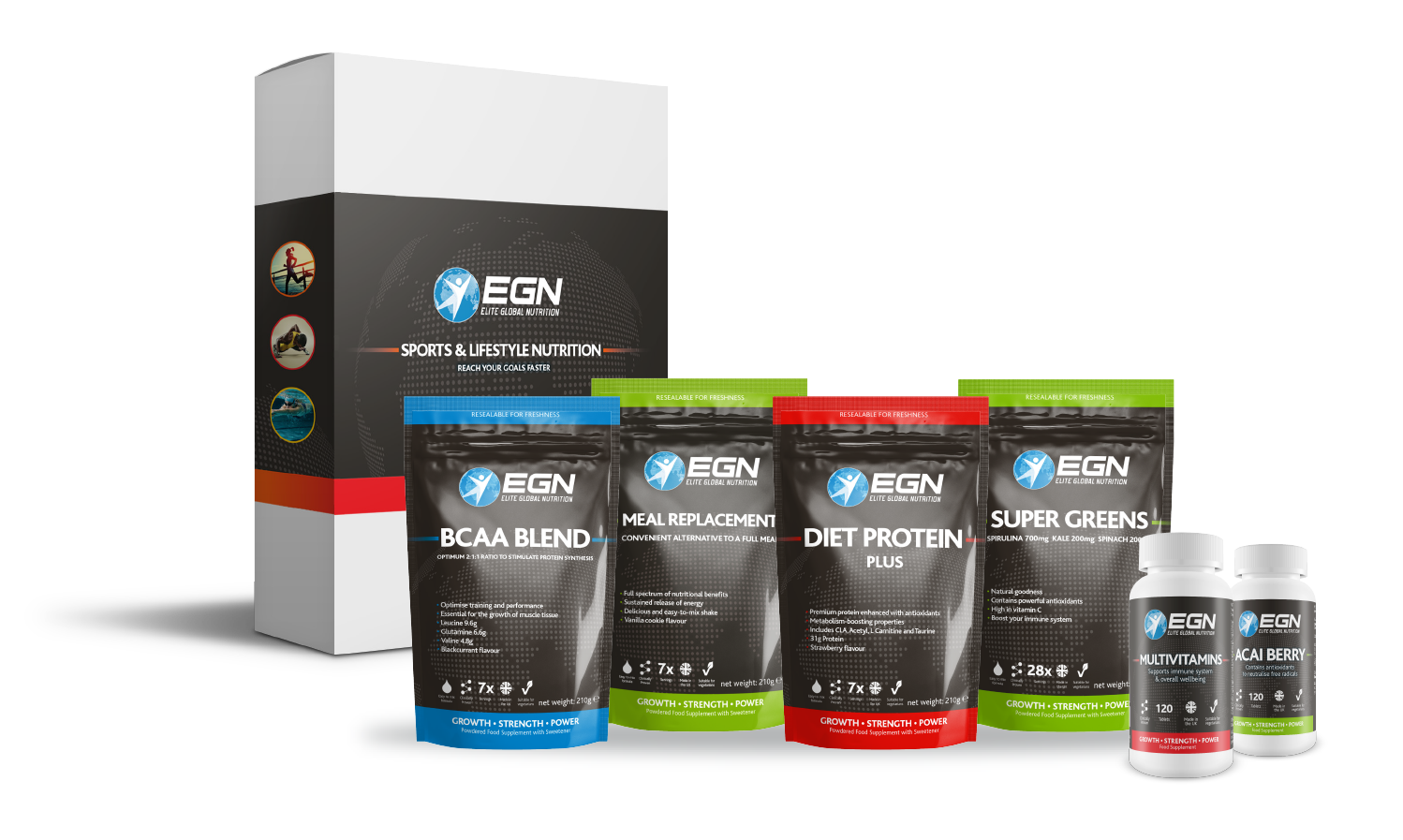Degree in sports nutrition
The amazing feats of world-class athletes have brought the issues of performance into the public eye, and sports nutrition is now recognised as a key part of supporting training and competition at all levels of participation is winport casino legit. Our Sport and Exercise Nutrition MSc offers you the chance to study the science behind sports nutrition and its applications for both the ‘weekend warrior’ and the elite athlete. It also puts the controversies surrounding the use of supplements under scientific scrutiny, looking at the key evidence for and against performance benefits. The aim of the course is to produce sports nutritionists who are strongly focused on the science behind the subject but who also have some experience in the practicalities of delivering sound guidance to individuals and teams who are looking to use nutrition as part of their training programmes. To this end, a number of guest lecturers contribute their expertise in key related areas. The course covers the key principles of sports nutrition and exercise physiology, including the latest research, and aims to develop your ability to apply critical awareness to topics across the broad remit of sports nutrition, from the measurement of exercise performance to the assessment of mental performance. The modules you’ll study are designed to underpin the subject and create a sound base for the development of ideas for your research project, which offers you a wide degree of flexibility to pursue your personal interests. You can study the course full-time over one year or in part-time mode over a varying time, up to five years.
The following bachelors and Master’s programs offer career-focused instruction delivered by trained nutritionists with experience in the field. Find out more what each individual course of study offers through the locations below.
Our program equips you with the advanced knowledge, research skills, and practical applications needed to excel in the growing field of sports nutrition. Whether you aim to work with elite athletes, support recreational fitness enthusiasts, or advance into teaching and research roles, this degree can open the door to numerous opportunities in both the academic and professional worlds.
Elite sports nutrition
We weren’t born eating well and training hard…it’s a process based on science, consistency and balance. Notice nowhere did we mention fad diets, the latest and greatest piece of exercise equipment or a plateful of supplements? That’s because that’s not what we are about!
2. Logue DM, Madigan SM, Melin A, Delahunt E, Heinen M, Donnell SJM, et al. Low Energy Availability in Athletes 2020: An Updated Narrative Review of Prevalence, Risk, Within-Day Energy Balance, Knowledge, and Impact on Sports Performance. Nutrients. 2020 Mar 20;12(3).
That’s because you’ll improve your ability to gain strength, muscle, and endurance, recover faster between workouts and competitions, heal more quickly from injuries, and perform your best when it matters most.
By mastering one of these practices every couple of weeks—in order—you’ll be a totally different athlete. And not only that, you’ll have turned your entire eating program around without much hassle or stress.
“My new diet has allowed me to be less fatigued, not hungry and lose 12 lbs and 10% of body fat in less than 10 weeks. Not only am I able to sustain the effort longer, I became faster thanks to the 10 lbs less to carry.” ~Steve

International society sports nutrition
In addition to these studies that spanned one to three weeks, several acute-response (single feeding and exercise sessions) studies exist, during which protein was added to a carbohydrate beverage prior to or during endurance exercise. Similarly, most of these interventions also reported no added improvements in endurance performance when protein was added to a carbohydrate beverage as compared to carbohydrate alone . An important research design note, however, is that those studies which reported improvements in endurance performance when protein was added to a carbohydrate beverage before and during exercise all used a time-to-exhaustion test . When specifically interested in performance outcomes, a time trial is preferred as it better mimics competition and pacing demands.
The effect of insulin on MPS is dependent on its ability to increase amino acid availability, which does not occur when insulin is systematically increased (e.g., following feeding) . In particular, insulin’s impact on net protein balance seems to operate most powerfully in an anti-catabolic manner on muscle . However, insulin-mediated effects that reduce muscle protein breakdown peaks at low to moderate levels of insulin (~15–30 μIU/mL) that can be achieved by consumption of a 45-g dose of whey protein isolate alone . Taken together, these results seem to indicate that post-workout carbohydrate supplementation offers very little contribution from a muscle development standpoint provided adequate protein is consumed. For example, Staples and colleagues compared the impact of a carbohydrate + protein combination on rates of MPS and reported no further increases in MPS beyond what was seen with protein ingestion alone. Importantly, these results are not to be interpreted to mean that carbohydrate administration offers no potential effect for an athlete engaging in moderate to high volumes of training, but rather that benefits derived from carbohydrate administration appear to more favorably impact aspects of muscle glycogen recovery as opposed to stimulating muscle protein accretion.
Paddon-Jones D, Sheffield-Moore M, Urban RJ, Sanford AP, Aarsland A, Wolfe RR, et al. Essential amino acid and carbohydrate supplementation ameliorates muscle protein loss in humans during 28 days bedrest. J Clin Endocrinol Metab. 2004;89:4351–8.
Watson P, Love TD, Maughan RJ, Shirreffs SM. A comparison of the effects of milk and a carbohydrate-electrolyte drink on the restoration of fluid balance and exercise capacity in a hot, humid environment. Eur J Appl Physiol. 2008;104:633–42.